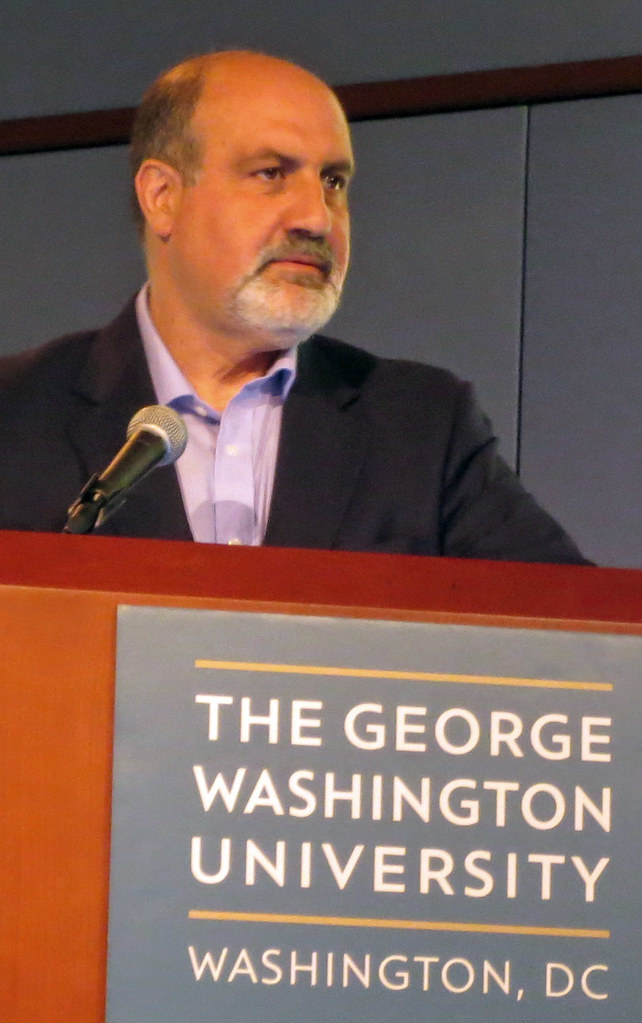What Did Bill Nye See at Monsanto to Change His Mind on GMOs?

When a nationally renowned science educator takes a stand, people pay attention. Bill Nye’s stance against teaching creationism in schools brought his Big Think interview to national attention and inspired his famous debate with creationist Ken Ham.
So we’re waiting patiently for Bill’s updated chapter on GMOs, due for the second printing of his New York Times bestsellerUndeniable: Evolution and the Science of Creation. In it, Bill will explain his about-face on the issue of GMOs, an intellectual revolution that occurred after he visited Monsanto’s genetics lab.
We’re so curious about what he saw in Monsanto’s lab because his original skepticism of GMOs was so well-tempered. Bill seemed to subscribe to the cautionary principle, saying that it was still too early to declare GMOs safe. Among environmentalists’ concerns is the spike in glyphosate use as a result of herbicide-resistant crops, glyphosate being the active ingredient in Roundup herbicide (a Monsanto product).
A particular concern of Bill’s was the monarch butterfly, whose population has fallen off a cliff (90 percent of the species has been lost). Bill once explained the phenomena as a possible consequence of widespread herbicide use, killing the milkweed that monarchs use to make their famous cross-country migrations. But after visiting the factory, he now faults the spread of cities for the destruction of their habitat.
Genetically modified plants, in and of themselves, are not harmful, says Bill. In fact they feed billions of people thanks to increased crop yields, but we should continue to be cautious about planting large monocultures of crops.
Photo credit: Getty Images




